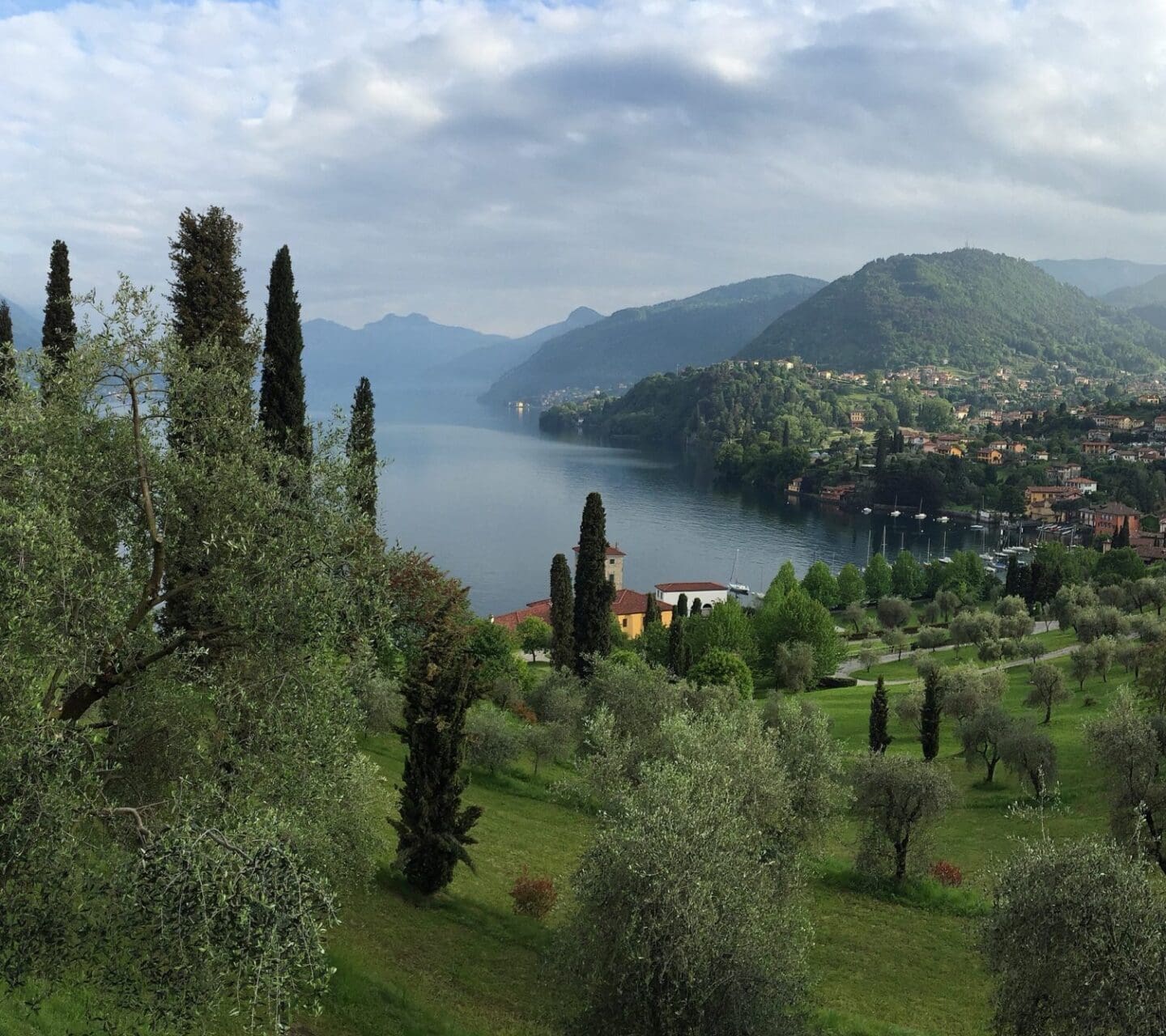To be in a situation where you see other people working towards what they are passionate about is very inspiring. You feel the energy: you absorb it.
Anocha SuwichakornpongThai Film Director, Producer, and Screenwriter
At the Bellagio Center, I welcomed solitude, because being alone with my thoughts is rare these days! The meditative space to reflect was beneficial. When I worked on the film before my residency, it seemed that the further I got into the project, the less confident I became in the original idea. Even during the residency, there was some uncertainty. But it was scary in a good way. The block lifted, bit by bit, during and after my time at Bellagio.
This film project is huge in scope. So, I’m keen to continue the discussion with other historians. Not only do they understand how to deal with historical context, but they know how to ensure that this knowledge engages with relevant modern-day issues. It would also be great to work with a sound designer, as I’m fascinated with how sound works within film. Is it still cinema if you lose the imagery but keep the sound? That idea fascinates me. In fact, I become more and more obsessed with the idea of what constitutes cinema with each new film I make.
I came away from my time in Bellagio with a real sense of optimism, which is saying something because I am not the most optimistic person! To be in a situation where you see other people working towards what they are passionate about is very inspiring. You feel the energy: you absorb it. The experience made me feel like there is hope, after all.
Explore more
We’d like to thank Anocha for her contribution to the network. To find out more about Anocha’s work, explore her filmography via Mubi.
Find out more about Purin Pictures, Anocha’s film fund that supports independent Southeast Asian cinema. You can also discover Anocha’s production company, Electric Eel Films, which can also be followed on Instagram.
Read interviews with Anocha about cinema, memory and space with Extra Extra and Alt Kino.
Related

September 2022
Welcome to the second Bellagio Bulletin, where you’ll learn of the many ways that the Bellagio Center has supported the work of the world’s leading thinkers. We, at The Rockefeller Foundation, are committed to gender equality and the Bellagio Center has helped us to advance the global gender equality agenda. The activities and conversations at […]
More